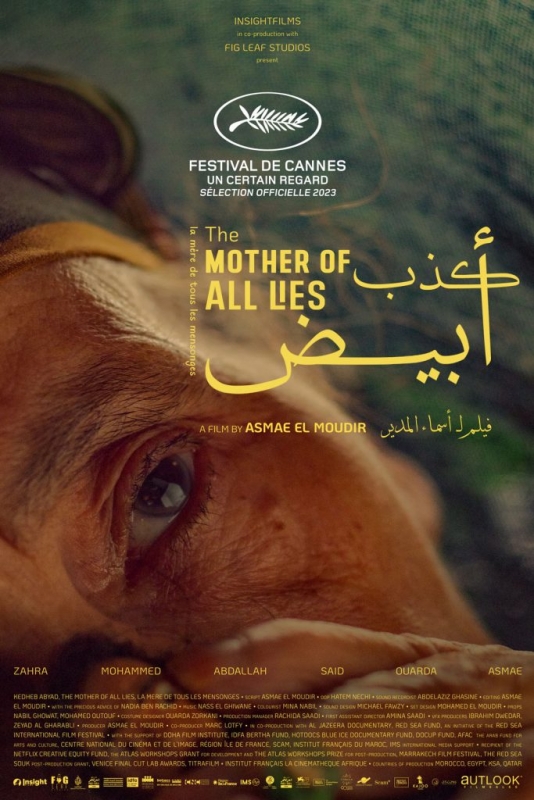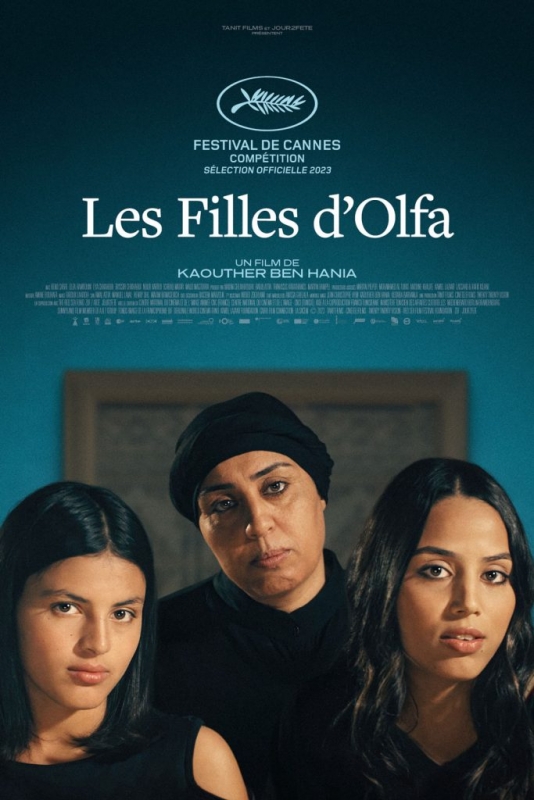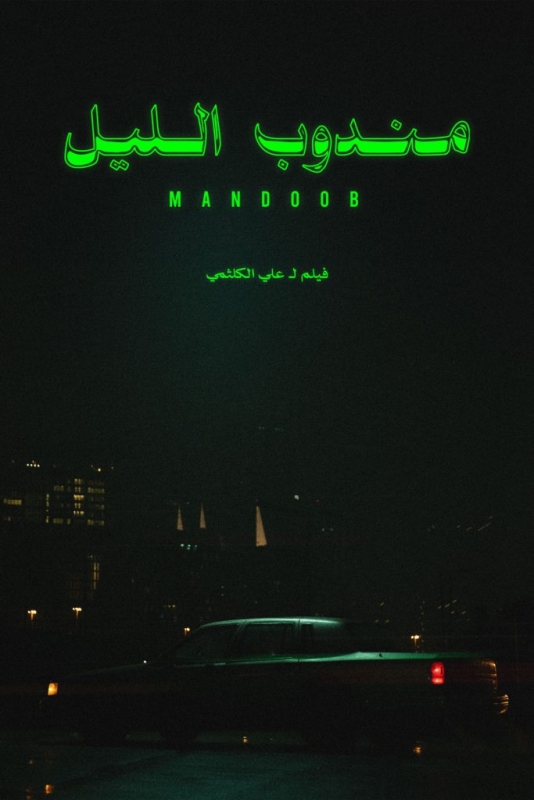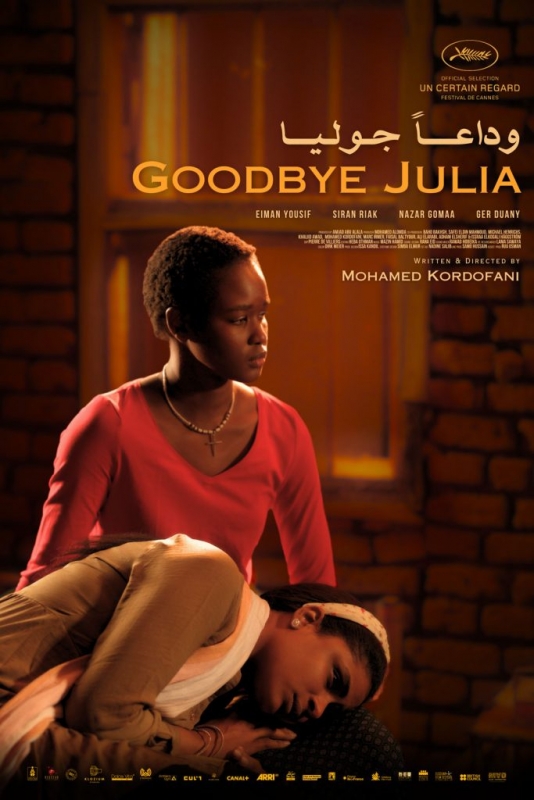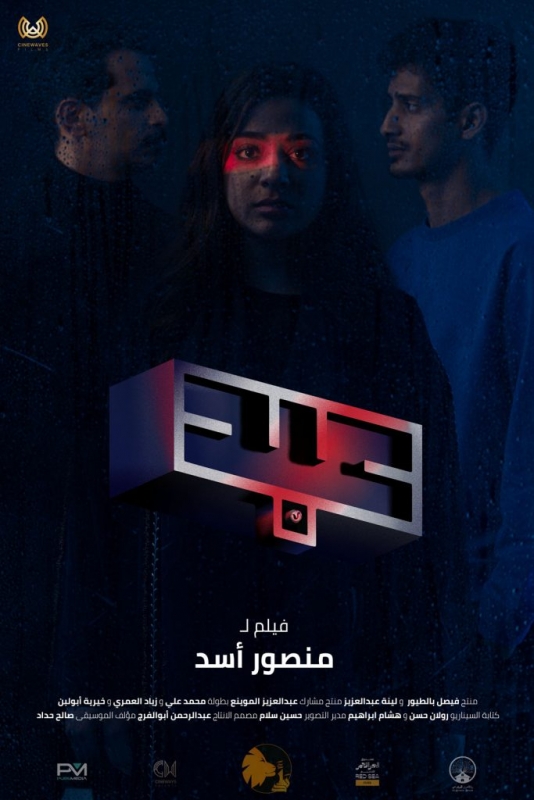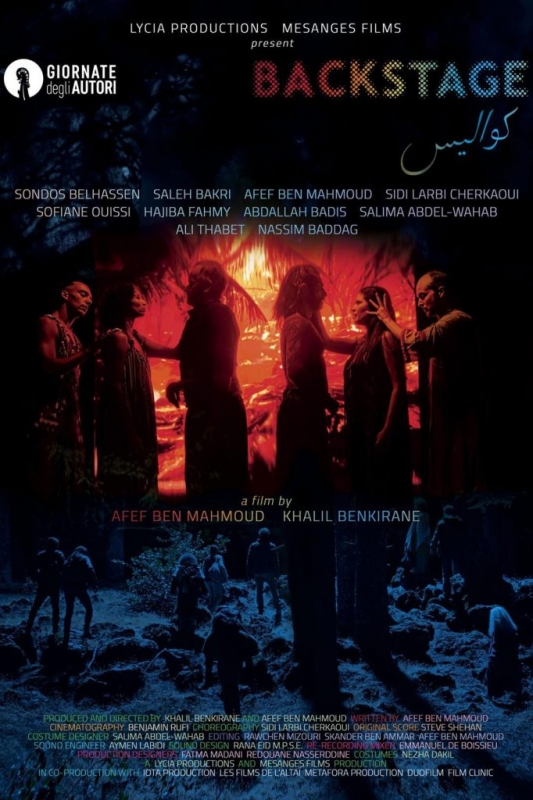|
|
||
|
Pro Tools
FILMFESTIVALS | 24/7 world wide coverageWelcome ! Enjoy the best of both worlds: Film & Festival News, exploring the best of the film festivals community. Launched in 1995, relentlessly connecting films to festivals, documenting and promoting festivals worldwide. Working on an upgrade soon. For collaboration, editorial contributions, or publicity, please send us an email here. User login |
RSIFF, 10: Foundation, Fun d-a-mentals, Funding, Figures and FilmsRSIFF, 10: Foundation, Fun d-a-mentals, Funding, Figures and Films A major initiative of Saudi Arabia in developing film production and co-production is the Red Sea Film Fund. Supporting Development, Production, and Post-Production of Arab and African Films. The Red Sea Film Festival Foundation is a non-profit cultural organization registered in Saudi Arabia. The foundation is chaired by Jomana Al Rashid, the president of the foundation is the Saudi producer Mohammed Al Turki.
The Red Sea Fund was launched in 2021, as a financing arm, focussed on supporting emerging film-makers and established directors, from the Arab world and Africa. Grants were distributed between projects in development, production and post-production. The fund supported 94 projects in the first year and over 250 films in the two years since, including films by acclaimed film-makers such as Abderrahmane Sissako, Haifaa Al-Mansour and Kaouther Ben Hania. Documentary, fiction, animation – episodic, shorts, and features – the Fund is looking out for film-makers and the new exciting wave of films from the region, from development to post-production. Development Fund: Backing your film from treatment to production-ready scripts and concepts. Feature-length (60-minutes or more) fiction, documentary or animation projects from directors of Arab nationality/origin and African nationality.
Production Fund: Finance, for films ready to proceed to production. Episodic projects (25–59 minutes per episode) from directors of Arab nationality/origin and African nationality. Short fiction, documentary, or animation (less than 60 minutes) projects from Saudi directors. Post-Production Fund: Got a rough-cut ready? Still looking for financing? The Red Sea Fund can support you with a post-production grant to get your film completed and ready for distribution and exhibition. There are four cycles in this initiative:
CYCLE 01 POST-PRODUCTION FUND FEB 6th-21st CYCLE 02 DEVELOPMENT FUND APRIL 6th-30th CYCLE 03 PRODUCTION FUND JUNE 6th-JULY 6th CYCLE 04 POST-PRODUCTION FUND AUG 6th-21st Around one third of Saudi Arabia's total population are expatriates, largely centered around the provinces of Riyadh and Makkah (many Indians and Pakistanis live in Makkah and work in Jeddah, 90 kms away, speaking Hindustani, which is understood by migrant Bangladeshis and Nepalese too), with non-Saudis constituting 38% and 42% respectively. Saudi Arabia is home to ~3 million Indians, which is the largest expatriate community in the Kingdom. As a result, content screened in Saudi Arabia is expected to range from global Hollywood blockbusters, to Bollywood, regional and local films. In addition, VOX cinemas, through a partnership with 20th century Fox, will exclusively distribute Fox content in the Kingdom.
With Saudi Arabia’s population forecast to be 39.5 million by 2030, the Kingdom has the potential to absorb up to 2,600 screens. In April 2018, Development Investment Entertainment Company (DIEC) opened its first cinema in the King Abdullah Financial District, and aims to open 50-100 cinemas across Saudi Arabia, by, 2030. Alongside DIEC, VOX has been an early entrant into the Kingdom’s cinema market, and plans to invest USD 533 million, to open 600 screens across the Kingdom, and provide 3,000 new jobs, over the next 5 years, to capture a share of anticipated demand. Most recently, IMAX signed a deal with VOX, to partner on a minimum of 4 multiplex venues in Saudi Arabia.
Lifting the 35-year ban on cinemas is one of the most visible and impactful initiatives undertaken by the government in the Kingdom, unlocking an untapped and lucrative economic opportunity. Alongside DIEC, VOX has been an early entrant into the Kingdom’s cinema market and plans to invest USD 533 million, to open 600 screens across the Kingdom, and provide 3,000 new jobs, over the next 5 years, to capture a share of anticipated demand. Recently, IMAX signed a deal with VOX, to partner on a minimum of 4 multiplex venues in Saudi Arabia. Several international cinema operators are also keen to get a foothold early in Saudi Arabia’s promising cinema market, and have signed MoUs with local or regional partners: *Cinépolis, the fourth largest exhibition circuit in the world, which has a presence in India too, and Al Tayer Group, have partnered with Al Hokair Group, and have been granted a Cinema Operating License, by the Saudi General Commission for Audiovisual Media (GCAM). *iPic Entertainment has signed a memorandum of agreement with BAS Global Investments Company, to develop 25 to 30 sites over the next decade. *A leading multiplex chain from India, PVR Limited, has signed an MoU with-UAE based Majid Al Futtaim Group, which owns VOX, for entry into Saudi Arabia, and other regional markets. *CJ 4DPLEX has also signed a deal with Cinemacity, to open 3 4DX locations in Riyadh. *Kuwait National Cinema Company and Dubai-based distributor Front Row Filmed Entertainment expect to develop 12 multiplexes in the next 3 years, through their subsidiary, Cinescape. *Al Rashed Empire Cinema consortium has also received a license from GCAM.
A mix of regional and international examples indicate Saudi Arabia would require around 370 cinema sites based on an average of 7.0 screens per cinema, to accommodate 2,600 screens. Saudi Arabia could potentially generate 60 to 70 million footfalls in 2030. As the cinema industry penetrates beyond the key cities, and adopts several different formats (3D, IMAX, VIP, Kids, etc.), the ticket prices are expected to vary a lot, and could range from USD 11-14 at the lower end to USD 40 for high-end/luxury experiences. Tickets at RSIFF ranged from 5 SAR to 40 SAR, when I checked them out one day. Of course, journalists and critics do not have to buy tickets at festivals, including RSIFF
Many auditing and research forms estimate the Kingdom's cinema box office market could be USD 1 billion, by 2030. With non-ticket revenue (F&B/concessions and advertising) typically comprising 35% of overall revenue, cinema industry has the potential to generate a total turnover of USD 1.5 billion in 2030, and develop into a lucrative revenue stream, for the industry players, and the government. Saudis have been known to travel to neighbouring countries, such as the UAE and Bahrain, to spend on entertainment. Increasing hospitality and cinemas within the kingdom will help reverse this trend and inject recreational spend back into the Kingdom, stimulating the leisure sector.
Saudi Arabia has embarked on a new, transformational era of growth led by Vision 2030, towards economic and social development whereby leveraging the potential of non-oil sectors, and subsequently improving the quality of life of its residents. In promoting culture and entertainment, one of the goals of Vision 2030, the government plans to specifically: Attract local investors and create partnerships with international entertainment corporations; and Increase household spending on entertainment from 2.9% to 6%, and develop a market of SAR 30 billion in recreational services. Armed with an investment budget of SAR 10 billion, DIEC is acting as a catalyst in the development of the cinema sector in Saudi Arabia. As a new cinema market, the type of content that appeals to audiences in the Kingdom is still to be established. Adam Aron, AMC’s CEO, expects the same type of movies, shown in Dubai, or Kuwait, to be suitable for Saudi Arabia.
A mix of regional and international examples indicate Saudi Arabia would require around 370 cinema sites, based on an average of 7.0 screens per cinema, to accommodate 2,600 screens. Market players should consider several key factors to ensure the cinema industry in Saudi Arabia reaches its full potential. As a new cinema market, the type of content that appeals to audiences in the Kingdom is still to be established. Since the largest expatriate population in Saudi Arabia is Indian, let us take a look at some factors in that country. From a whopping 9.6 thousand screens in 2009, single cinema screens reduced to just over 6.3 thousand, by 2019, in India. This decline reflected in the country's screen density, which stood at 74 per million, in 2019. Saudi Arabia had 518 movie screens in 2021. On the other hand, from only 925 screens in 2009, multiplex screens grew to a whopping 3,200 by 2019, across India. The largest players among multiplex chains in India were PVR Limited and INOX Leisure, with over 1,400 combined in 2019. They have since formed an alliance/merged. The film industry of Saudi Arabia was worth approximately 238 million U.S. dollars in 2021. It is now moving in flash forward mode, to touch USD 1.5 billion, seven years from now. (The pictures in this article are the posters of the films in which the Red Sea Fund has invested, and have been taken from their web pages). 21.01.2024 | Siraj Syed's blog Cat. : Fest. circuit FESTIVALS
|
LinksThe Bulletin Board > The Bulletin Board Blog Following News Interview with EFM (Berlin) Director
Interview with IFTA Chairman (AFM)
Interview with Cannes Marche du Film Director
Filmfestivals.com dailies live coverage from > Live from India
Useful links for the indies: > Big files transfer
+ SUBSCRIBE to the weekly Newsletter Deals+ Special offers and discounts from filmfestivals.com Selected fun offers
> Bonus Casino
User imagesAbout Siraj Syed Syed Siraj Syed Siraj (Siraj Associates) Siraj Syed is a film-critic since 1970 and a Former President of the Freelance Film Journalists' Combine of India.He is the India Correspondent of FilmFestivals.com and a member of FIPRESCI, the international Federation of Film Critics, Munich, GermanySiraj Syed has contributed over 1,015 articles on cinema, international film festivals, conventions, exhibitions, etc., most recently, at IFFI (Goa), MIFF (Mumbai), MFF/MAMI (Mumbai) and CommunicAsia (Singapore). He often edits film festival daily bulletins.He is also an actor and a dubbing artiste. Further, he has been teaching media, acting and dubbing at over 30 institutes in India and Singapore, since 1984.View my profile Send me a message The EditorUser contributions |




















